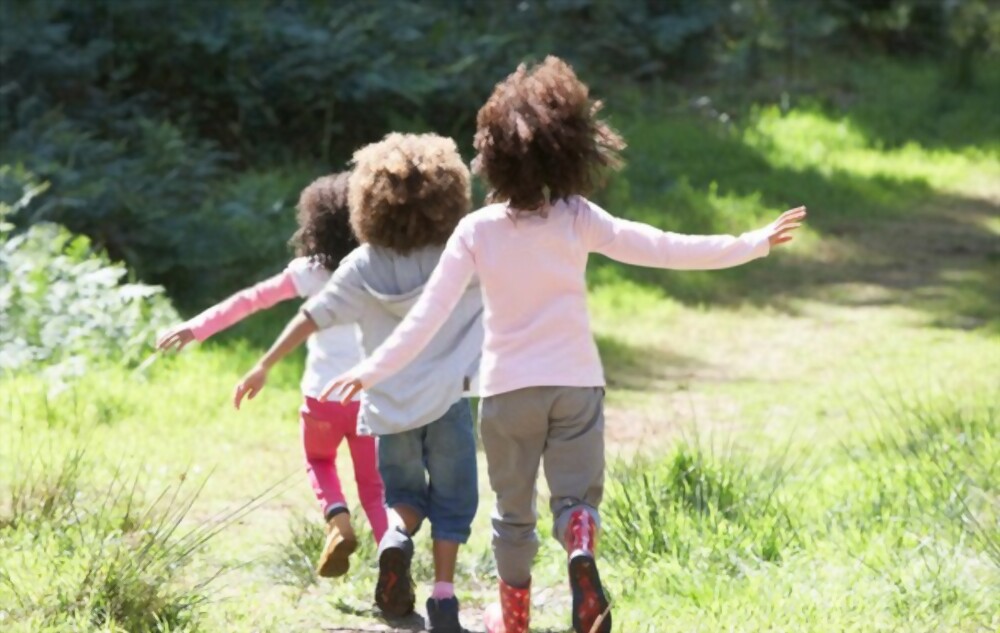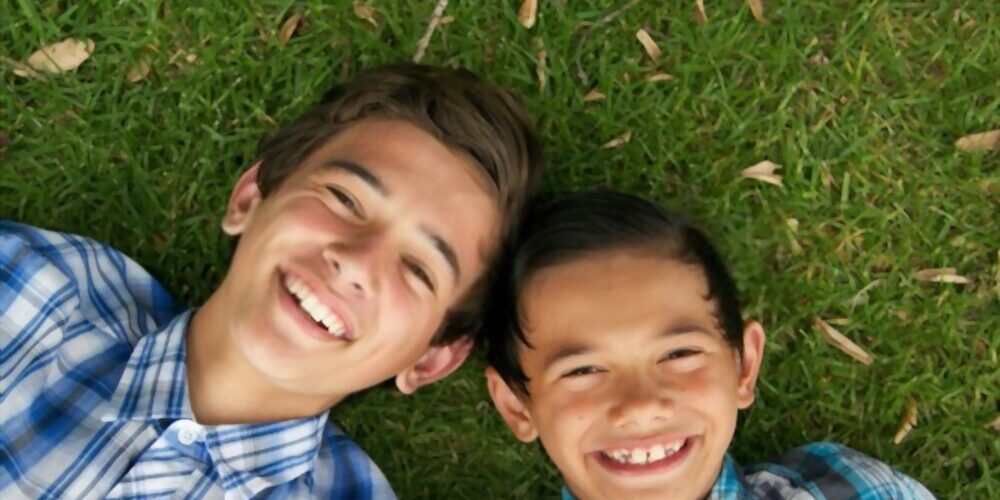Along with ‘how fantastic it would be to have a busy household full of active, inquisitive kids, as a foster carer recruitment officer, one thing I hear often from people interested in fostering sibling groups is how important they feel that it is to keep siblings together under one roof.
This could be due to some applicants being in care themselves when younger and were perhaps placed separately from siblings with little or no contact with them, which caused a lot of sadness and, in some cases, the total loss of the relationship. Others talk of the comfort and camaraderie of being part of a sibling group and could not imagine not seeing them regularly, especially when scared and unsure.
Caring for sibling groups is undoubtedly lots of fun but also lots of hard work. Sibling groups are not without their complexities. Each child is their own person with their own particular needs, then add in the group dynamics of siblings which may be dysfunctional due to early life experiences.
Throughout the country, there is a big need for foster homes that have two or more spare bedrooms to be able to foster siblings together. Many of the sibling groups have children with a wide range of ages – teens, primary-age, and babies all in together in one family group.
Ideally, each sibling would have their own room (especially teens or if a big age gap), but often siblings will want to share a room as this is what they are used to. Siblings close in age can share a room if they are of the same gender. Children under 8 years can also share a room if they are of differing genders. No foster child can share a room with your own children, but babies aged under 2 years can be in a cot in the foster carers bedroom.
However, even if children are close in age and want to share, sometimes (usually due to aggressive or other abusive behaviour between them) it is better for them to have separate rooms, and the foster carer will need to be vigilant to any difficult behaviours between them. Many children in sibling groups will take time to unlearn negative patterns of behaviour towards each other, and some siblings are more safely cared for in separate foster homes but with very regular phone and face to face contact to keep the relationship alive but to give each child time to develop as individuals as well as work on the group dynamic.
As part of their role, foster carers are required to take children to and from their school, which could mean one primary, one secondary and perhaps even nursery. This, and the need to take children to their family contact sessions as well as all the other appointments that children have, does mean that sibling carers will need to be able to drive and have a car that can fit everyone in!
When fostering siblings, it is especially helpful to have a strong network of support who can assist as backup carers, should you not be able to be in two (or three) places at once! They are usually your friends and family so would be someone that the foster children would get to know as part of the family social network. They would need to be willing to have a DBS (police) check and do some training with us, as well as be available for you at short notice.
I hope that we have piqued your interest in fostering siblings and we are happy to discuss any aspect of fostering further with you. You do not need any formal qualifications to become a foster carer as full training is given, however, parenting experience is very handy. Perhaps instead you have worked or volunteered with children or young people which will give you transferrable skills into fostering.
So, if you are up for a whirlwind of young people making noise and mess, whilst they try to make sense of why they are not able to live with their families and overcoming traumatic or neglectful experiences, we would love to hear from you. Hopefully, there will be some fun and laughs along the way too.
By Lynsey Dobbs – Senior Recruitment Officer, UK Fostering

